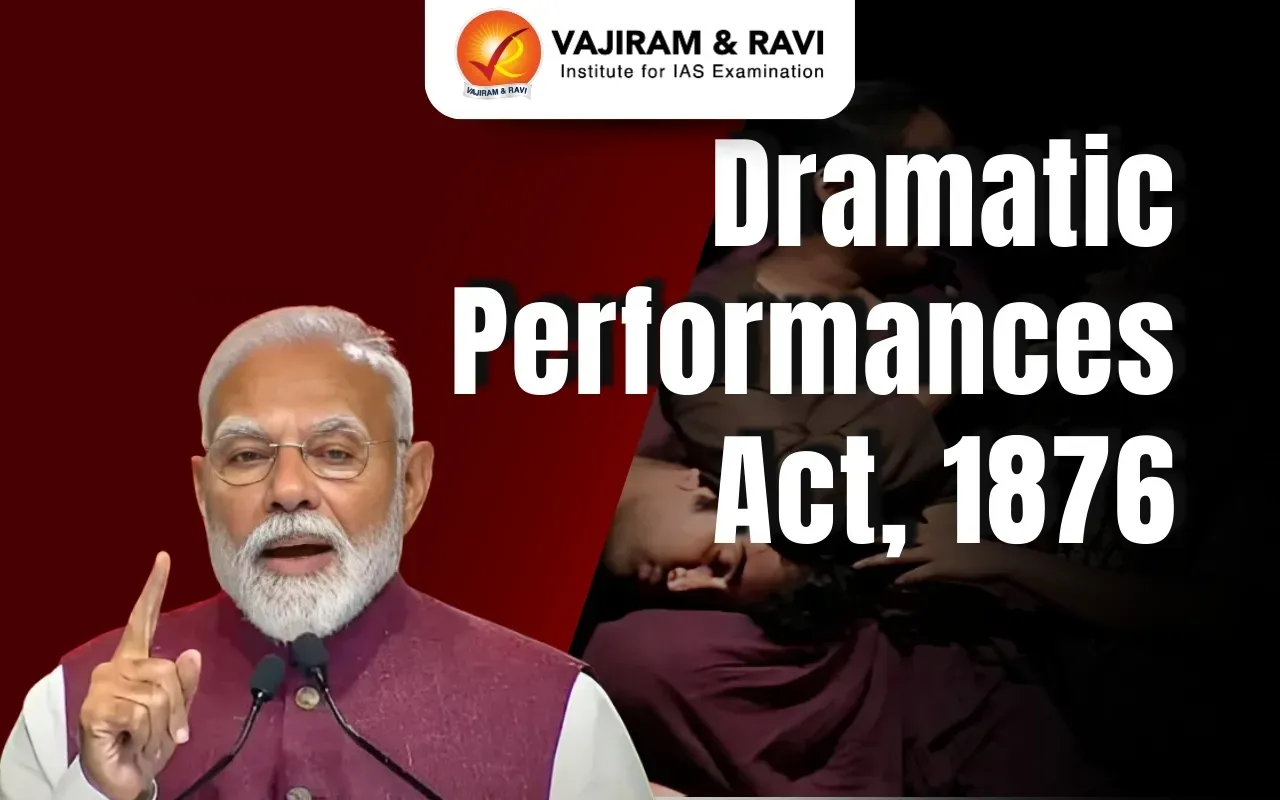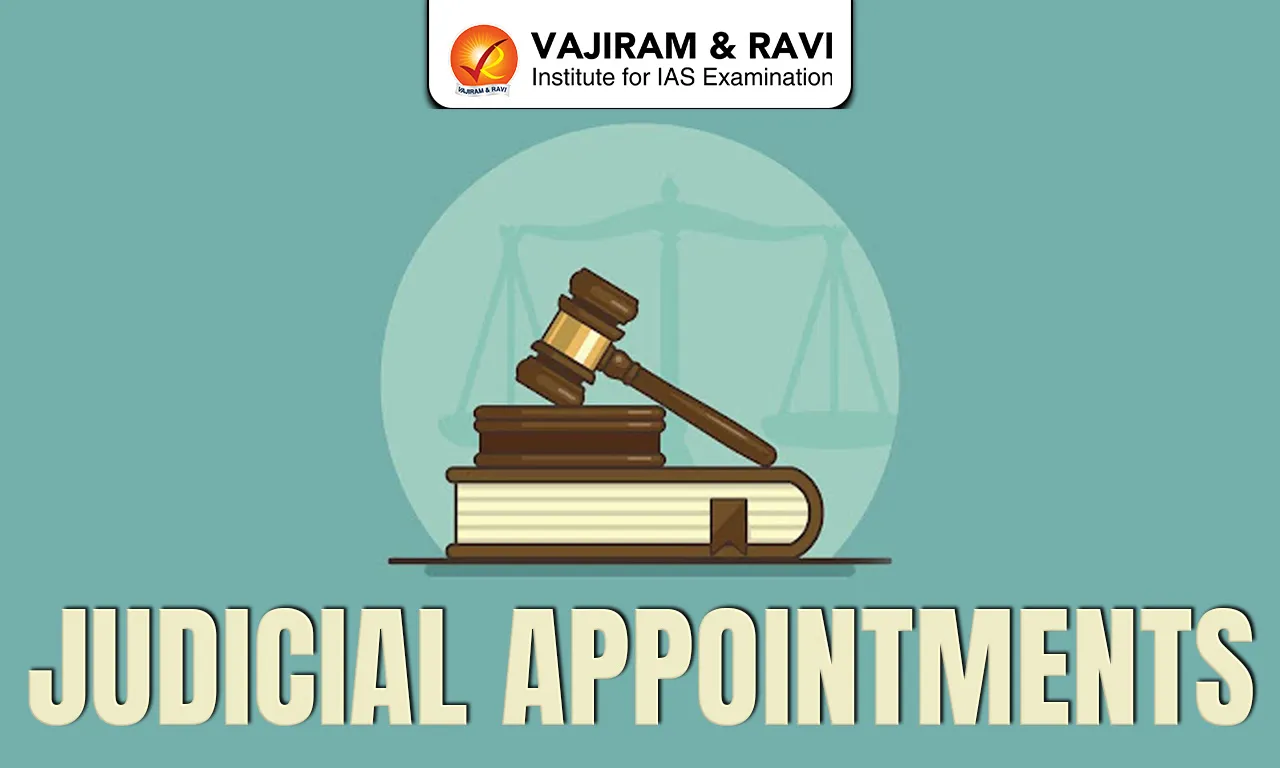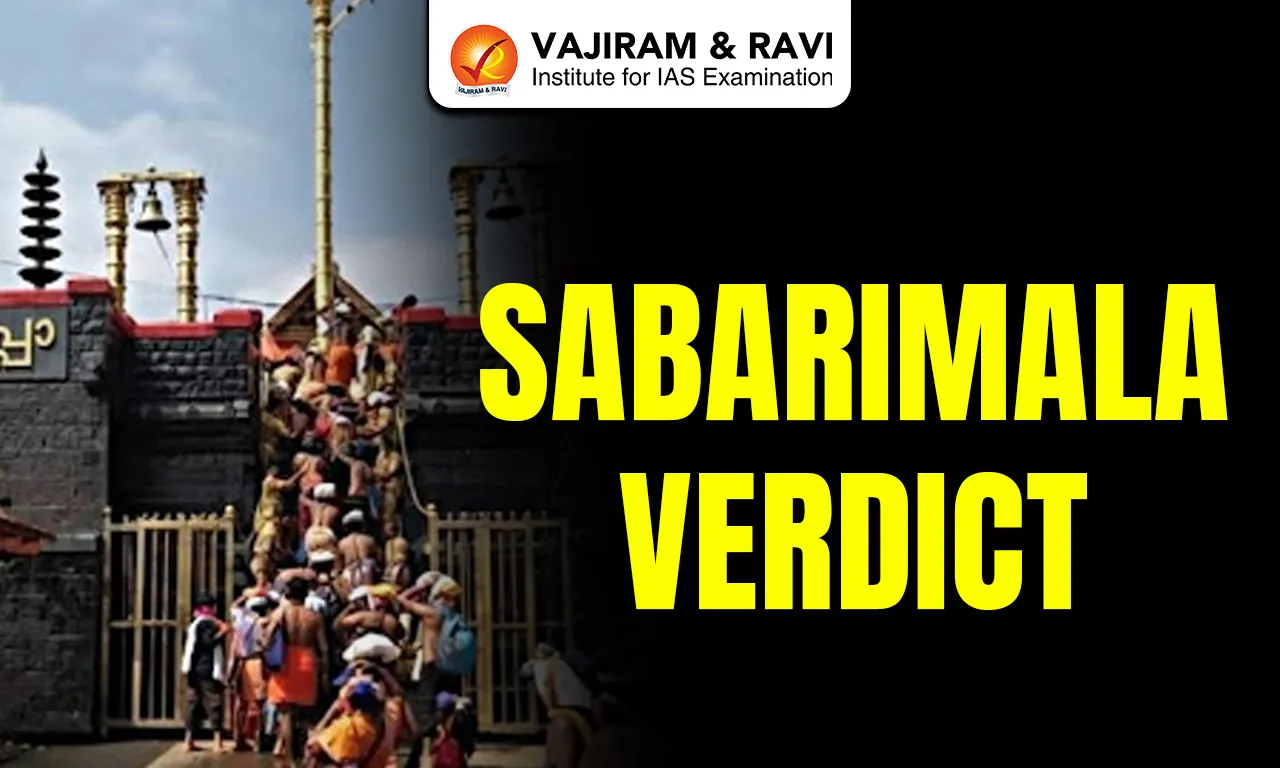What’s in Today’s Article?
- Dramatic Performances Act, 1876 Latest News
- Dramatic Performances Act, 1876
- Status of the Dramatic Performances Act After Independence
- Court’s Examination of the Dramatic Performances Act
- Continuation of Colonial-Era Laws in India – Reasons
- Dramatic Performances Act, 1876 FAQs
Dramatic Performances Act, 1876 Latest News
- Recently, Prime Minister Narendra Modi questioned the continued existence of colonial-era laws, citing one that permitted the arrest of people dancing in public places.
- The PM was referring to the Dramatic Performances Act, 1876, which empowered the British government to ban public performances deemed scandalous, defamatory, seditious, or obscene.
- He highlighted his government’s efforts to repeal outdated and obsolete laws, emphasizing the need for legal reforms even 75 years after independence.
Dramatic Performances Act, 1876
- The Act was enacted by the British government to suppress nationalist sentiment in India, particularly after the visit of the Prince of Wales (1875-76).
- It was part of a broader crackdown that included the Vernacular Press Act (1878) and the sedition law (1870).
Key Provisions
- Ban on Performances: The government could prohibit any play, pantomime, or drama in public if deemed scandalous, defamatory, seditious, or obscene.
- Government’s Discretion: The ban was based on the government’s opinion, without the need for concrete proof.
- Search and Seizure Powers: Magistrates could search and seize venues suspected of hosting prohibited performances.
- Punishment: Violators faced up to three months in jail, a fine, or both.
Status of the Dramatic Performances Act After Independence
- The Act was formally repealed in 2018 by then government as part of an effort to remove obsolete laws.
- The Modi government undertook a flagship exercise to repeal obsolete laws, aiming to improve ease of doing business.
- Since 2014, over 2,000 obsolete laws have been repealed.
- Although the Dramatic Performances Act, 1876, was declared unconstitutional and no longer in use, it was formally repealed by Parliament through the Repealing and Amending (Second) Act, 2017.
- The Modi government undertook a flagship exercise to repeal obsolete laws, aiming to improve ease of doing business.
- However, it had not been a valid law since 1956 due to its inconsistency with the Indian Constitution.
Judicial Rulings
- Allahabad High Court (1956): In State vs. Baboo Lal and Ors., the court ruled the law unconstitutional.
- Madras High Court (2013): Struck down the Tamil Nadu Dramatic Performances Act, 1954.
State-Level Implementation
- Some states, including Madhya Pradesh, Karnataka, Delhi, and Tamil Nadu, had enacted similar laws.
- These laws were later repealed in several states and Union Territories, including Delhi.
Court’s Examination of the Dramatic Performances Act
- Background of the Case (1953)
- The Lucknow branch of the Indian People’s Theatre Association (IPTA) planned to stage a play based on Munshi Premchand’s short story Idgah (1938).
- Initially, the theatre group received permission, but the Lucknow magistrate later revoked it without explanation.
- The prohibitory order was served mid-performance, but the artists continued the play, leading to legal action.
- Allahabad High Court’s Approach
- Instead of focusing on the specific facts of the case, the court examined the constitutionality of the Dramatic Performances Act, 1876.
- It referred to previous rulings where colonial-era laws violating fundamental rights had been struck down or modified.
- Key Court Ruling (1956)
- The court declared the Act unconstitutional, stating that its procedural restrictions on free speech and expression violated Article 19(1)(a) of the Indian Constitution.
- The law did not meet the “reasonable restrictions” criteria under Article 19(2).
- The ruling also acknowledged concerns that the case could be an instance of political victimization.
Continuation of Colonial-Era Laws in India – Reasons
- Continuity Under Article 372
- Article 372 of the Constitution states that laws in force at the time of Independence would continue unless repealed or amended.
- Lack of Presumption of Constitutionality
- Colonial laws are not presumed constitutional. When challenged, the government must justify their validity.
- In contrast, laws enacted by independent India’s Parliament are presumed constitutional, and the burden of proof lies on the petitioner to show they violate the Constitution.
- Government Defenses of Colonial Laws
- Successive governments, including Congress-led ones, have defended preventive detention laws and those declaring unlawful associations.
- The current government has:
- Retained the sedition law, renaming it under the Bharatiya Nyaya Sanhita.
- Defended the marital rape exception, a colonial-era provision, which is currently under challenge in the Supreme Court.
Dramatic Performances Act, 1876 FAQs
Q1. What was the purpose of the Dramatic Performances Act, 1876?
Ans. It was enacted to suppress nationalist sentiments and censor public performances critical of British rule in India.
Q2. When was the Dramatic Performances Act declared unconstitutional?
Ans. The Allahabad High Court ruled it unconstitutional in 1956, stating it violated the right to free speech under Article 19(1)(a).
Q3. Why was the Dramatic Performances Act formally repealed in 2018?
Ans. The Modi government repealed obsolete laws to improve ease of doing business and remove outdated colonial-era restrictions.
Q4. Did Indian states implement similar censorship laws?
Ans. Yes, states like Madhya Pradesh, Karnataka, Delhi, and Tamil Nadu enacted similar laws, later repealed in most places.
Q5. Why does India still retain some colonial-era laws?
Ans. Under Article 372, colonial laws continue unless repealed, and successive governments have defended several laws, including sedition laws.
Last updated on February, 2026
→ UPSC Notification 2026 is now out on the official website at upsconline.nic.in.
→ UPSC IFoS Notification 2026 is now out on the official website at upsconline.nic.in.
→ UPSC Calendar 2026 has been released.
→ Check out the latest UPSC Syllabus 2026 here.
→ Join Vajiram & Ravi’s Interview Guidance Programme for expert help to crack your final UPSC stage.
→ UPSC Mains Result 2025 is now out.
→ UPSC Prelims 2026 will be conducted on 24th May, 2026 & UPSC Mains 2026 will be conducted on 21st August 2026.
→ The UPSC Selection Process is of 3 stages-Prelims, Mains and Interview.
→ Prepare effectively with Vajiram & Ravi’s UPSC Prelims Test Series 2026 featuring full-length mock tests, detailed solutions, and performance analysis.
→ Enroll in Vajiram & Ravi’s UPSC Mains Test Series 2026 for structured answer writing practice, expert evaluation, and exam-oriented feedback.
→ Join Vajiram & Ravi’s Best UPSC Mentorship Program for personalized guidance, strategy planning, and one-to-one support from experienced mentors.
→ UPSC Result 2024 is released with latest UPSC Marksheet 2024. Check Now!
→ UPSC Toppers List 2024 is released now. Shakti Dubey is UPSC AIR 1 2024 Topper.
→ Also check Best UPSC Coaching in India




















